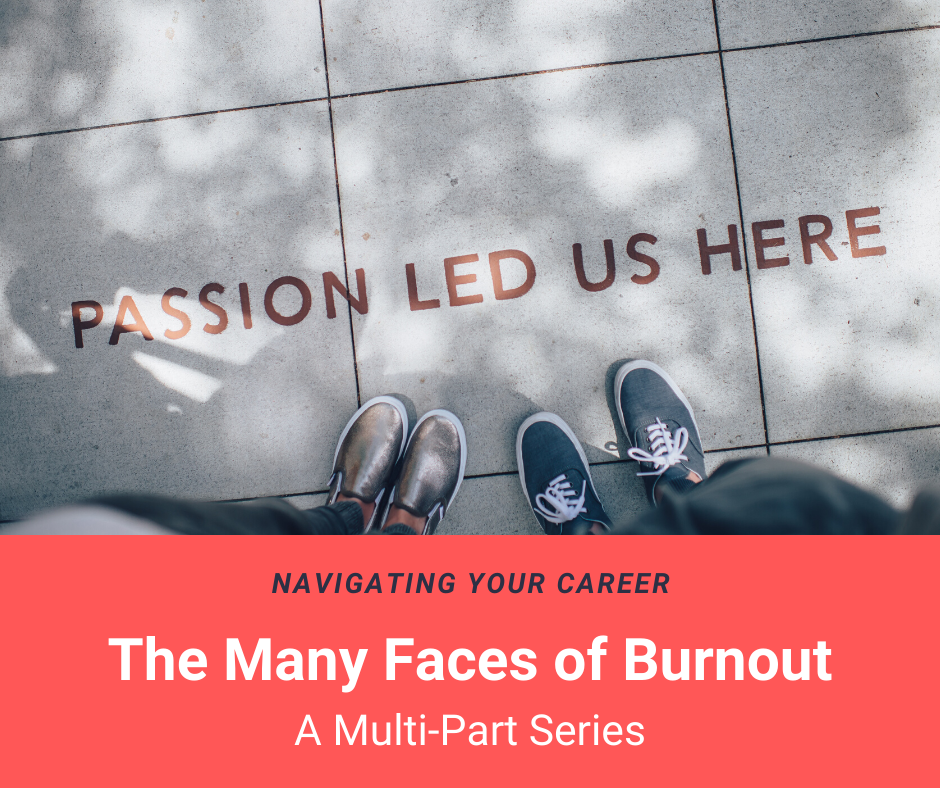I was a solo dermatologist for 25 years, happily practicing for the first 10 or 15 years. Then I became burnt out from the loss of autonomy and authority that has plagued the specialty as of late. Government regulations have usurped our autonomy by requiring compliance with certain guidelines and use of an EHR. Payers have usurped our authority when, to quote my colleague Dr. Neal Bhatia, “The prescription pad has become a suggestion pad.” These changes have chipped away at the psyche of the dermatologist, and I was no exception.
However, in the last few years, I’ve regained joy in practicing dermatology because I’ve discovered a secret to avoiding burnout: Go back to what you were trained to do.
I don’t think the solution to burnout is found in the future but in the past. Doctors used to spend 80 to 100 hours a week on the job, and because we were providing patient care, we weren’t burnt out. It’s a different story for today’s dermatologist. Prior authorization calls will burn you out. If you have to see how many boxes are checked in your EHR, that will burn you out. Taking care of more people, however, doesn’t contribute to burnout. Extraneous tasks do.
I’ve found the best way to deal with these changes is to find a way to avoid them.
Two years ago, my practice was acquired by a private equity group. It was very liberating. I now have a support team available to deal with the regulatory burdens. I have a scribe that allows me not to have to be near a computer all the time. In fact, I don’t carry any electronic devices into an exam room. My scribe is now the interface between the computer and me. I can go back to speaking with the patient and looking at the patient, which are things that don’t happen as much anymore because we are using EHRs.
The secret is to find a way to get back to the basics of practicing dermatology. One possible answer is private equity, which has as much of a foothold in dermatology as it does because of burnout. There are many people who are looking for a way to get out of the morass of regulations, and private equity offers that.
You can also change the way your practice operates without turning to private equity. Band together with other practices and work as a network without any financial relationships. Share a management company where you can have these things taken care of for you. Or, hire more support staff to whom you can offload certain tasks. Seeing more patients in a day to pay for the extra staff will be worth it.
General surgeons have lower burnout rates because the OR is a sanctuary. You never hear of an anesthesiologist on the phone with a payer prior to surgery. Everyone in the OR has a job to do, and everyone does the job at the top of their license. The way they practice surgery is the same way they did 25 years ago. There may be an EHR but no one is standing there typing all the time. Going back to the basics is how you deal with burnout.
If the independent practice of dermatology is going to survive, it is going to have to find a way to offload the regulatory and payer-driven demands to some other system so that these burdens are not weighing on our minds, and we are left to do what we are trained to do at the top of our license.
If you are experiencing burnout, look back at the past when you were enjoying life and see what is different in your office. Is it that you are spending an hour on the phone each day trying to get a drug approved? Is it you are getting pharmacy call backs all day long? If the issues are not clinical but clerical, find a way to stop dealing with them. Dermatologists used to be very mom and pop. But regulations have changed such that you can’t practice the same way anymore. You may need help. If you are in a solo or group practice, there has to be a way to give clerical work to clerical staff.
While I have a scribe, I do make edits and finalize all my notes. I find it’s much easier to edit than to create. I never have to work on my EHR at home. I tell residents to find a job like the one that I have. Do what you are trained to do and then go home.
I’m finding much more joy in practicing, and I think my patients are happier, too. They get more time with their doctor. I am focused on examining and treating the patient, and there is someone in the room who is doing all the notation. I believe it’s the ideal and only way to utilize technology without losing your mind.
If you missed other parts in this series, you can check them out below:
The Many Faces of Burnout – Living the Dream
The Many Faces of Burnout – The Opposite of Burnout
The Many Faces of Burnout – Burning out from One-Star Reviews, the new battleground

